The science behind why your body jerks when you fall asleep
If you’ve ever experienced that strange sensation of falling in a dream followed by a sudden full-body jerk, you’re not alone. Known as hypnic jerks (also called sleep starts or hypnagogic jerks), these involuntary movements occur as the body transitions from wakefulness into sleep. A 2016 study revealed that between 60% and 70% of people experience them at some point in their lives. While the moment can be unsettling, hypnic jerks are considered a normal—though mysterious—part of human sleep patterns.

The Stages of Sleep: How the Body Transitions
Understanding why hypnic jerks happen requires a closer look at the stages of sleep:
Stage One: Light Sleep Onset
This is the first few minutes after you begin to nod off. Your heartbeat slows, your breathing becomes more even, and your muscles start to relax, though occasional twitches may occur. Brainwave activity shifts from active wakefulness toward slower patterns, setting the stage for deeper sleep.
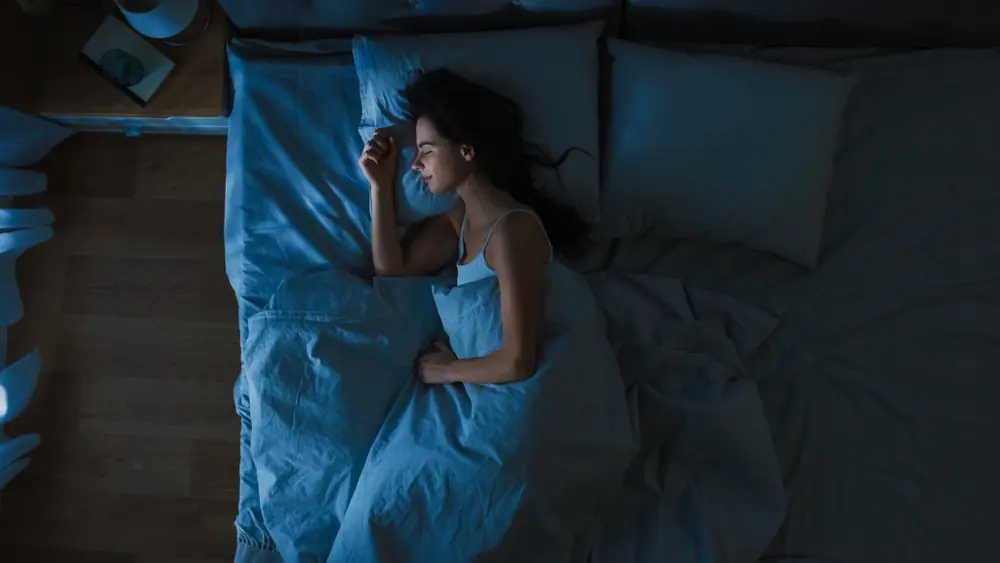
Stage Two: Preparing for Deep Sleep
During this stage, your heartbeat and breathing slow down further, eye movements stop, and body temperature drops. The brain continues to slow its activity, but sudden bursts of electrical signals, known as sleep spindles, still occur. These play an important role in memory and learning.
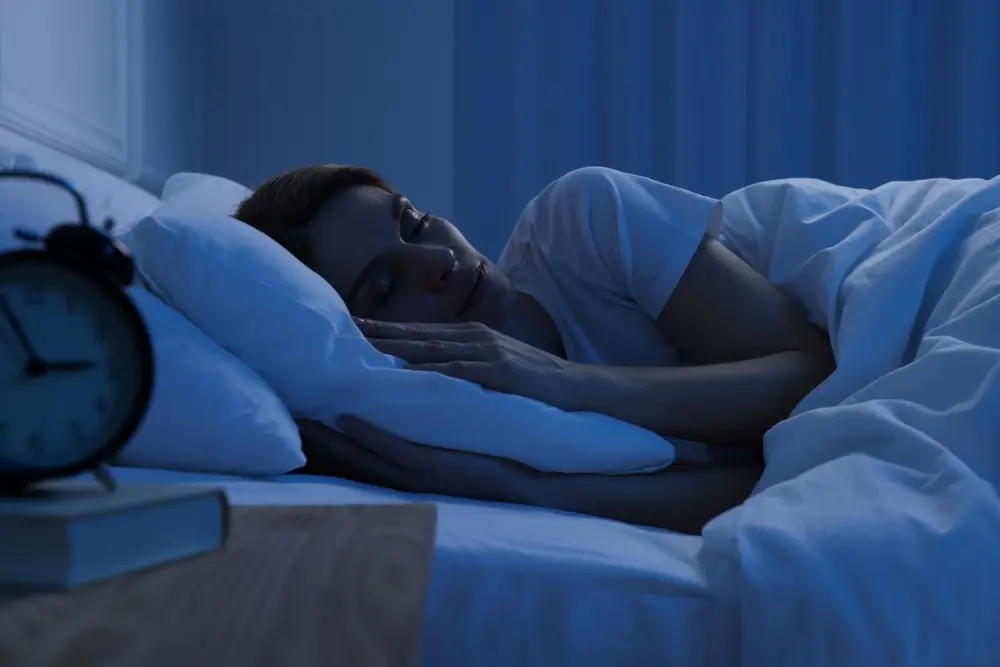
Stage Three: Deep Restorative Sleep
Stage three is essential for physical recovery. At this point, your heartbeat and breathing reach their lowest levels, muscles are fully relaxed, and it becomes very difficult to wake you. This is when the body repairs tissues and strengthens the immune system.
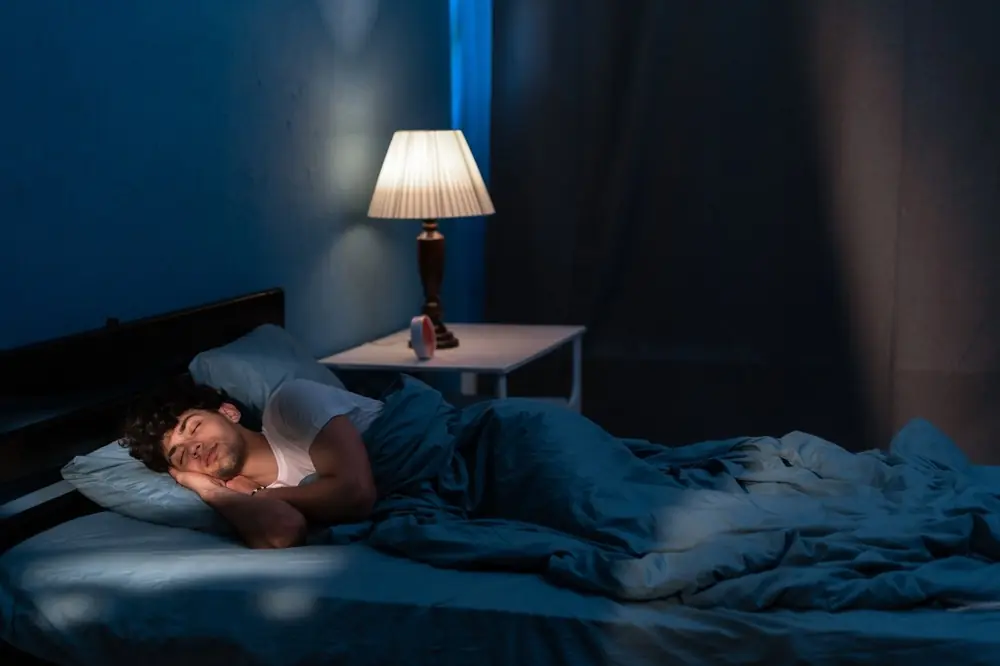
REM Sleep: The Dreaming Stage
About 90 minutes after falling asleep, the body enters REM (rapid eye movement) sleep. Brain activity nearly matches wakefulness, heart rate and breathing become irregular, and vivid dreaming occurs. Throughout the night, the body cycles through these stages 4–5 times, with each cycle varying in length.
Why Hypnic Jerks Happen
Hypnic jerks occur during the transition from wakefulness into stage one sleep. Sleep specialists suggest they are essentially misfires of the nervous system. Rafael Pelayo, a sleep expert at Stanford Sleep Medicine Center, explains that during this transition, parts of the nervous system may “switch off” at different times, leading to a mix of signals that cause sudden muscle contractions.
Interestingly, hypnic jerks are more common when someone is sleep-deprived, stressed, or consuming stimulants like caffeine before bed. In cases of extreme fatigue, the body sometimes skips straight from stage one into REM sleep, bypassing stages two and three altogether. This rapid transition appears to increase the likelihood of hypnic jerks, acting almost like a red flag from the body saying: “You need rest, and nothing else will substitute for it.”
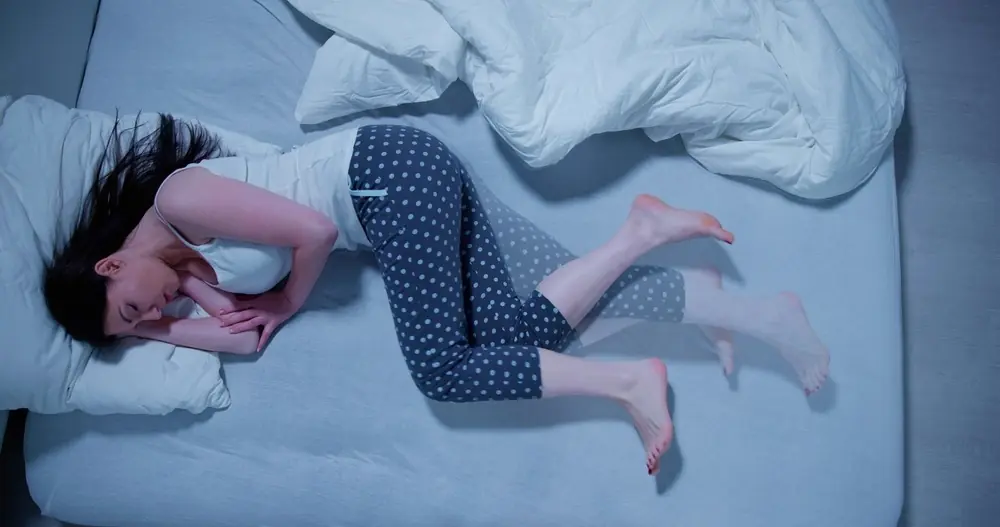
Are Hypnic Jerks Dangerous?
The good news is that hypnic jerks are harmless. Although they can feel dramatic and may cause brief anxiety, they are not linked to any serious medical conditions. For some, the sudden jolt may disrupt sleep, but reminding yourself that it’s a normal occurrence can ease the worry and make it easier to fall back asleep.
Hypnic Jerks and Sleep Deprivation
While not dangerous, frequent hypnic jerks may indicate insufficient rest. Many people notice them during long lectures, late-night meetings, or while nodding off at their desk. Pelayo recommends practical strategies to minimize them, such as:
- Staying engaged with your surroundings (eye contact, active note-taking).
- Avoiding late-night caffeine, or limiting it to earlier in the day.
- Allowing your body enough sleep each night—ideally 7 to 9 hours.
- Practicing relaxation techniques to reduce stress before bed.
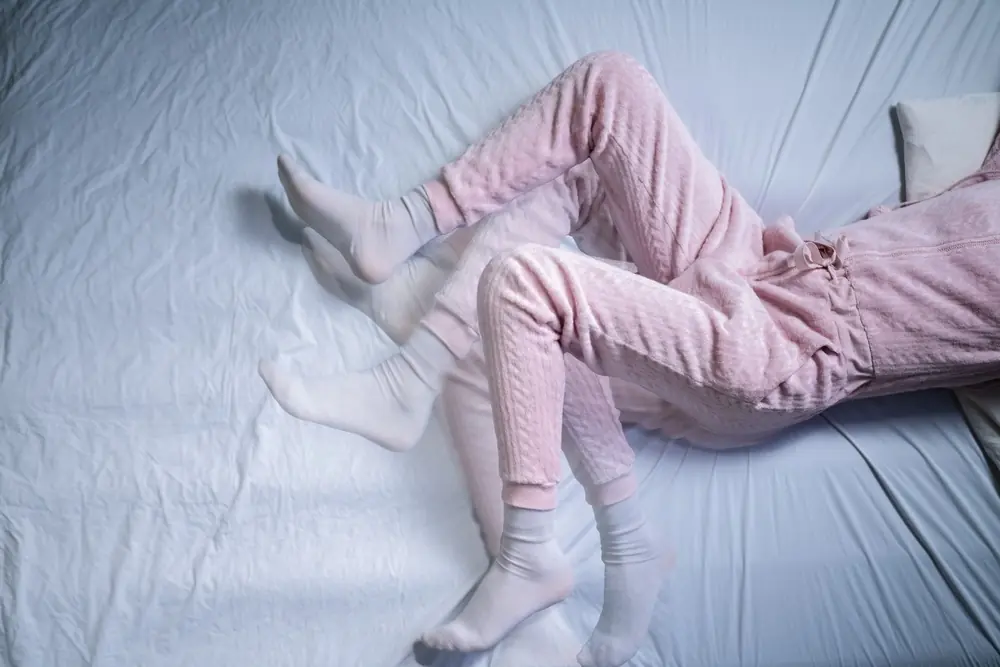
Final Thoughts
Hypnic jerks may be startling, but they are a fascinating window into how the brain and body interact during sleep. They serve as gentle reminders that rest is not optional—it’s essential. If they occur frequently, it may be time to examine your lifestyle, stress levels, and sleep habits to ensure your body gets the recovery it truly needs.

